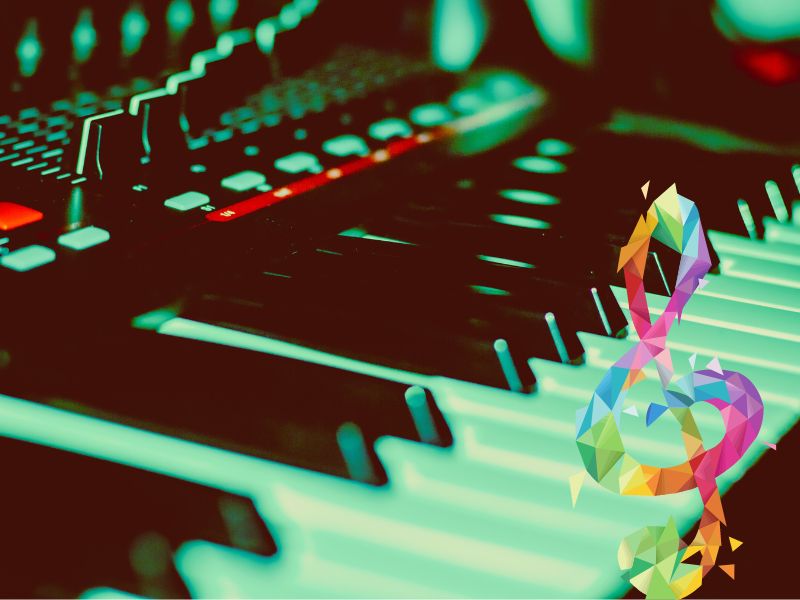In the vast world of music, few inventions have had as profound an impact as the synthesizer. This revolutionary instrument, born in the mid-20th century, completely changed the landscape of music production and performance, creating a seismic shift in the way music was created, heard, and appreciated.
The Birth of a Sonic Pioneer
The journey of the synthesizer began in the 1940s when pioneers like Robert Moog, Don Buchla, and others started experimenting with electronic sound generation. Initially, these early synthesizers were massive and monolithic, limited to the confines of academic and experimental environments. But as technology advanced, so did the possibilities.
Electronics Meet Music: The First Synthesizer Music
In the late 1960s and early 1970s, synthesizers started to find their way into popular music. Pioneering musicians like Wendy Carlos and the rock band Emerson, Lake & Palmer brought the synthesizer’s otherworldly sounds to mainstream audiences. It was a revelation, and people were eager to hear more of this new sonic magic.
Sound Design Unleashed: Shaping the Future of Music
One of the most captivating aspects of the synthesizer was its ability to create entirely new sounds. Musicians and sound designers were no longer confined to traditional instruments’ limitations; they could now sculpt sounds from scratch, exploring uncharted sonic territories. This newfound creative freedom opened doors to innovation, giving birth to new genres and styles.
The Synth Invasion: From Pop to Progressive
In the 1980s, the synthesizer revolution reached its peak. Synths became synonymous with pop music, driving catchy melodies and infectious rhythms. Iconic bands like Depeche Mode and A-ha made synth-driven hits that dominated the airwaves. Simultaneously, progressive rock artists like Pink Floyd and Yes embraced synthesizers, creating immersive and experimental soundscapes.
The Digital Evolution: Synths in the Modern Age
As technology marched forward, synthesizers underwent a transformation. Analog synthesizers gave way to digital counterparts, and digital workstations allowed musicians to carry entire studios in their backpacks. The rise of software synthesizers and virtual instruments further democratized music production, enabling anyone with a computer to create professional-grade music.
Beyond Music: Synthesizers in Film and Culture
The influence of the synthesizer extended beyond music. In the 1980s, film scores embraced synthesizers, adding an otherworldly quality to movie soundtracks. Classics like “Blade Runner” and “Tron” owe much of their iconic sound to synthesizers. The instrument also found its way into video games, commercials, and even theme park attractions.
Synth Heroes and Their Masterpieces
Synthesizers produced legendary albums that stood the test of time. From Pink Floyd’s “The Dark Side of the Moon” to Kraftwerk’s “Autobahn” and Daft Punk’s “Random Access Memories,” synthesizer-driven albums have become cultural touchstones, leaving an indelible mark on music history.
Synth Today and Tomorrow: Shaping the Future of Sound
As we move into the 21st century, synthesizers continue to evolve. From virtual analog synths to modular setups, the synthesizer remains a catalyst for musical exploration. Its impact on contemporary genres like electronic dance music and synthwave shows that it will remain a driving force in shaping the future of music.
A Synthesized Symphony
The synthesizer’s influence on music cannot be overstated. Its advent sparked a musical revolution that forever changed how we create, perceive, and experience sound. From its early experimental days to becoming an integral part of modern music production, the synthesizer has left an indelible mark on the history of music—a mark that will resonate for generations to come.
